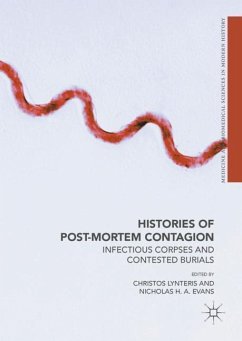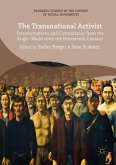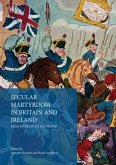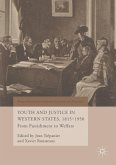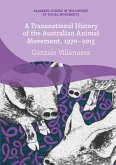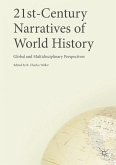This edited volume draws historians and anthropologists together to explore the contested worlds of epidemic corpses and their disposal. Why are burials so frequently at the center of disagreement, recrimination and protest during epidemics? Why are the human corpses produced in the course of infectious disease outbreaks seen as dangerous, not just to the living, but also to the continued existence of society and civilization? Examining cases from the Black Death to Ebola, contributors challenge the predominant idea that a single, universal framework of contagion can explain the political, social and cultural importance and impact of the epidemic corpse.
"The book ... is an essential and powerful work of compilation of diverse experiences related to epidemics, body dumping, fear of contamination, hasty burials, isolation, plague riots, all themes of the greatest relevance today. ... It is written in a language accessible to all audiences and achieves the goal of the series Medicine and Biomedical Sciences in Modern History to cut across conventional academic boundaries through stimulating interdisciplinary approaches. ... This book definitely held my interest." (Simone Rodrigues Pinto, Human Remains and Violence, Vol. 8 (1), April, 2022)

